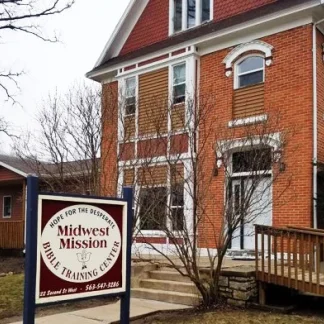Lutheran Family Services
Lutheran Family Services, located in Omaha, Nebraska, provides addiction treatme...
Oxford House Loess Hills is a non-profit house located in Council Bluff, IA. Oxford House Catalyst helps individuals struggling with mental health and substance abuse by providing a sober living environment. The Oxford House has a unique concept in recovery from drug and alcohol addiction. Each sober living home is democratically run, self-supporting and drug-free home.
The Oxford House Loess Hills believes in three things: self-help is the bedrock of recovery, disciplined democracy is key to living together, and self-support builds efficacy in order to avoid relapse.
A group of six or more recovering individuals is granted the right to call themselves an Oxford House and to use the Oxford House system, which has three basic conditions – democratically self-run, self-supported and expulsion of any resident who returns to using.
An individual may come into an Oxford House following a 28-day rehabilitation program or at least a 5 to 10-day detoxification program.
Contact us for more information: (712) 256-1954

Connect with Oxford House Loess Hills by calling their admissions team directly.
(712) 256-1954 Website Get DirectionsIn individual therapy, a patient meets one-on-one with a trained psychologist or counselor. Therapy is a pivotal part of effective substance abuse treatment, as it often covers root causes of addiction, including challenges faced by the patient in their social, family, and work/school life.
Lutheran Family Services, located in Omaha, Nebraska, provides addiction treatme...
Lutheran Family Services of Nebraska expresses God's love for all people by prov...
Christian Home Association – Childrens Square is a private rehab located in Coun...
CHI Health Psychiatric Associates is a private rehab located in Omaha, Nebraska....